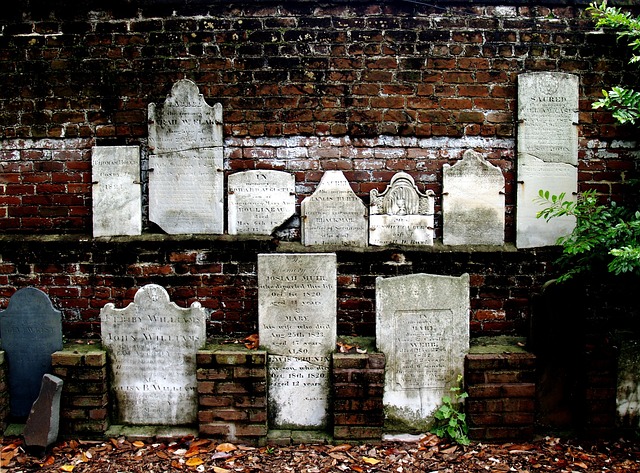
Lynchburg Va
Introduction
Lynchburg, Virginia, is a city rich in history and cultural significance. Located in the heart of the Blue Ridge Mountains, it has played a pivotal role in various historical events, particularly during the American Civil War. This article aims to provide an informative overview of Lynchburg, exploring its historical background, economic development, and cultural landscape.
Historical Background
The origins of Lynchburg can be traced back to the early 18th century when the Seneca people sought new hunting grounds through the Shenandoah Valley. The Treaty of Albany in 1718 marked a significant moment in the region's history, as the Iroquois Five Nations ceded control of their land east of the Blue Ridge Mountains, including the area that would become Lynchburg, to the Colony of Virginia. This cession was confirmed in 1721, paving the way for European settlement.
As the city developed, it became a vital transportation hub during the American Civil War. Lynchburg served as a Confederate supply depot, with its strategic location making it a focal point for military logistics. The city was equipped with 30 hospitals, often established in churches, hotels, and private homes, to care for the wounded. In June 1864, Union forces under General David Hunter approached within one mile of the city, highlighting its significance during the conflict.
Economic Development
The expansion of Lynchburg's city limits in 1874 marked a new chapter in its economic development. The completion of the railroad to Lynchburg in 1881 facilitated trade and transportation, further enhancing the city's growth. By this time, Lynchburg had a telegraph system and a population of approximately 15,000 residents. The introduction of a streetcar system also contributed to the urban development of the city.
Despite the enthusiasm of some citizens who advocated for Lynchburg to become a junction for the Shenandoah Valley, many residents felt that the city was already crowded enough. This sentiment reflects the complexities of urban planning and development during that period.
Cultural Landscape
Lynchburg's cultural landscape is diverse, with a blend of historical sites, educational institutions, and recreational opportunities. The city is home to several museums and historical landmarks that commemorate its rich history. Notable sites include the Point of Honor, a historic house museum, and the Lynchburg Museum, which showcases the city's heritage.
In addition to its historical significance, Lynchburg is also known for its vibrant arts scene. The city hosts various cultural events throughout the year, including music festivals, art exhibitions, and theatrical performances. These events not only celebrate local talent but also foster community engagement and tourism.
Education
Lynchburg is home to several institutions of higher education, including Liberty University and the University of Lynchburg. These institutions contribute to the city's educational landscape and provide opportunities for students from diverse backgrounds. The presence of these universities also stimulates the local economy and enhances the cultural fabric of the community.
Conclusion
In conclusion, Lynchburg, Virginia, is a city with a rich historical background and a dynamic cultural landscape. Its significance during the American Civil War, coupled with its ongoing economic and educational development, makes it a noteworthy location in the region. As Lynchburg continues to evolve, it remains a testament to the resilience and spirit of its residents.

















 Teachers Checklist of Professional Documents
Teachers Checklist of Professional Documents 
 Health
Health  Fitness
Fitness  Lifestyle
Lifestyle  Tech
Tech  Travel
Travel  Food
Food  Education
Education  Parenting
Parenting  Career & Work
Career & Work  Hobbies
Hobbies  Wellness
Wellness  Beauty
Beauty  Cars
Cars  Art
Art  Science
Science  Culture
Culture  Books
Books  Music
Music  Movies
Movies  Gaming
Gaming  Sports
Sports  Nature
Nature  Home & Garden
Home & Garden  Business & Finance
Business & Finance  Relationships
Relationships  Pets
Pets  Shopping
Shopping  Mindset & Inspiration
Mindset & Inspiration  Environment
Environment  Gadgets
Gadgets  Politics
Politics 